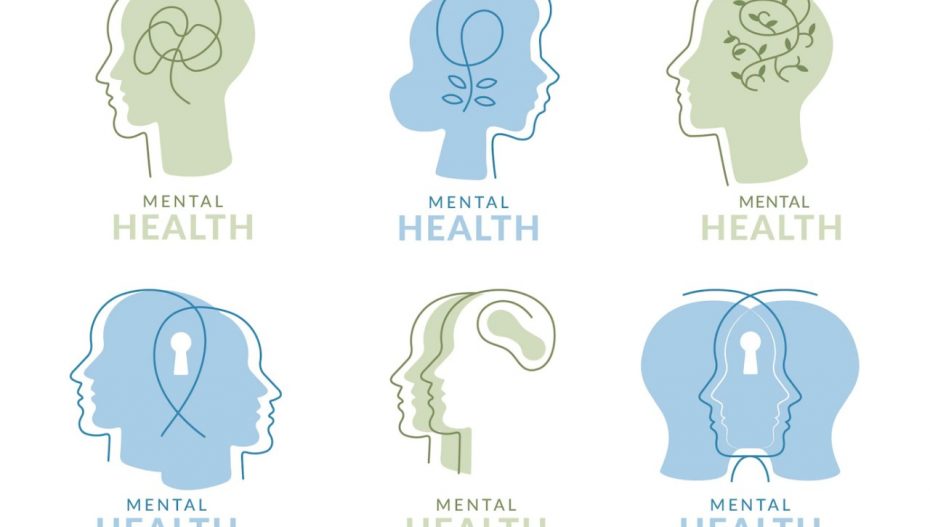When the coronavirus first made headlines around the world in January 2020, Jane McGonigal’s inbox was inundated with emails from Silicon Valley executives, government officials, and nonprofit leaders. All of them were inquiring about her major prediction.
About Jane: Jane works as a game designer. She creates simulations to assist players in imagining the unimaginable. In 2010, she invited nearly 20,000 people to experience a world besieged by a global pandemic. “How would you alter your habits?” she inquired. “What kinds of social interactions do you avoid?” “Are you able to work from home?”
How it started? Jane began hearing from simulation participants a decade later, when COVID had grown from a nascent threat to a full-fledged crisis. “I’m not freaking out,” one of them said relievedly. When they worked on it 10 years ago they had to go through anxiety and panic.
According to psychological and neuroscience research, we can all learn to shift from panic to poise by training our brains to think about the unthinkable. But what does that training entail? Imaginable Jane shares evidence-based techniques for foreseeing the future in her new book.
Her Advice: When we have urgent deadlines or too many tasks on our to-do list, we feel time poor, time deprived—and then we just don’t use our time because, it doesn’t feel like we have enough time.
Researchers have discovered that when we imagine our lives 10 years in the future, we tend to think about things that are more relevant to our most important values—the kinds of goals that would help us live a life that we would consider truly authentic, true to our dreams, or meaningful and purposeful.
She advises everyone to think long term as short term deadlines tends to frustrate us whereas thinking long term gives one a freedom to be more detailed in imagination.
Read Also : UPSC 2021: Top Three Ranks Bagged By Women












